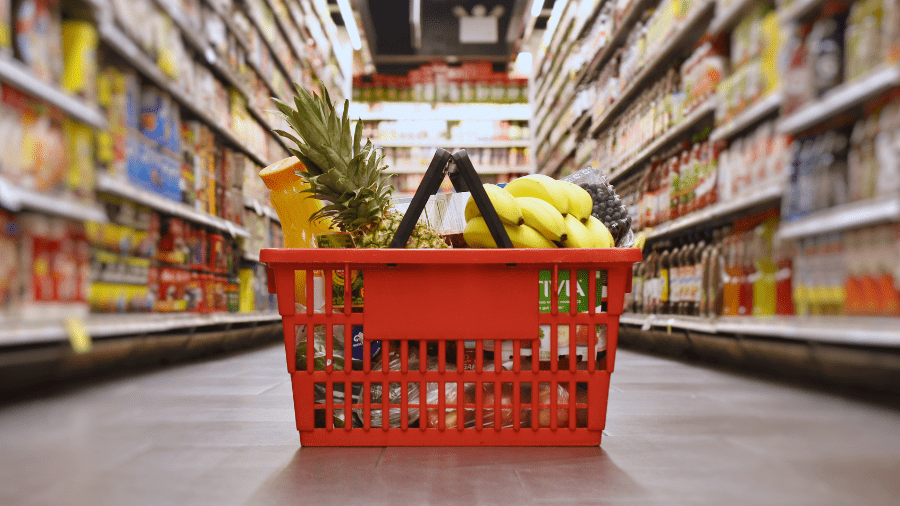This article originally appeared in the Globe and Mail.
By Jerome Gessaroli, February 12, 2024
Canadian governments have the power to make life more affordable. But in some sectors of the economy, they just don’t want to.
Supply-chain issues, pent-up demand and interest rate hikes have all helped boost prices in the past couple of years, as the market reacts to a world recovering from the COVID-19 pandemic. Governments have tried to ease these problems, with tax relief or short-term programs.
However, there are still many politically expedient policies around that have artificially added to the financial burden of all Canadians. And governments haven’t even tried to deal with them.
A recent Angus Reid poll found that 60 per cent of Canadians are having difficulties managing their expenses. Part of the problem lies in government policies that hinder Canadians from fully realizing the benefits of a market economy.
Market incentives are powerful. They create competition and innovation, resulting in competitively priced goods and services. However, governments often implement regulations or taxes to shield vocal constituencies from competition. It is consumers who bear the cost by having to pay higher prices for goods and services.
Consider free trade: Despite Canada’s advocacy for it, the federal government imposes tariffs on many goods important to Canadians. For instance, imported shoes and clothing can incur duties up to 18 per cent. There is no overriding need for these barriers, as there is no large domestic industry to protect: Ninety-five per cent of clothing and footwear sold in this country are produced abroad.
The Retail Council of Canada estimates that by eliminating these tariffs, Canadians would be better off by $5-billion a year. This would benefit low-income people the most, as they spend proportionally more of their income on shoes and clothes.
There are also instances where governments, observing the benefits of innovation and competition in driving down prices, seek to capture some of those gains by adding taxes and levies. Unfortunately, this can leave the consumer no better off, as most of the benefits from lower costs are siphoned off.
An example of beneficial market innovation is ride-hailing, a disruptive business model offering convenience and cost savings. A study suggests that ride-hailing can be 40-per-cent cheaper and offers shorter wait times than taxis.
Despite these advantages, some Canadian jurisdictions, particularly British Columbia, have impeded the operation of ride-hailing services. While ride-hailing has operated in cities such as Seattle and Boston since 2014, it was only allowed to operate in Vancouver since 2020. Yet a variety of regulations and fees add to operating costs in that city, limiting the financial benefit that ride-hailing could otherwise provide to consumers.
In the aviation sector, Canadians understand air travel is more costly in this country than in the United States. While our small population and vast land area contribute to higher airfare expenses, we still pay too much simply because of government policies. Government-imposed security fees, for example, are roughly double those charged in the U.S., contributing to inflated air travel costs.
The Montreal Economic Institute calculates that the federal government also collected more than $400-million in airport rents for the previous fiscal year, but less than 10 per cent of these funds were reinvested in airport modernization. Consequently, major airports must charge an improvement fee on travellers to fund upgrades and growth.
Finally, if the federal government truly wanted to ease cost-of-living concerns, it would dismantle the supply management system for household staples such as chicken, milk, cheese and butter. By eliminating the huge current tariffs and a host of other regulatory barriers, researchers estimate that an average Canadian household could enjoy an annual benefit of $440.
When government policies result in higher prices or product shortages, politicians often attribute the prevailing conditions to a market failure. However, these are policy failures, unintended consequences inhibiting the market from functioning as it should.
So politicians can do something to help Canadians: They must stop meddling. As a bonus, these solutions do not require bureaucracies to grow or add new spending programs. They simply lift the burden of existing policies that hinder Canadians from receiving the full economic benefits of a market economy.
Jerome Gessaroli is a senior fellow at the Macdonald-Laurier Institute and leads the Sound Economic Policy Project at the British Columbia Institute of Technology.






